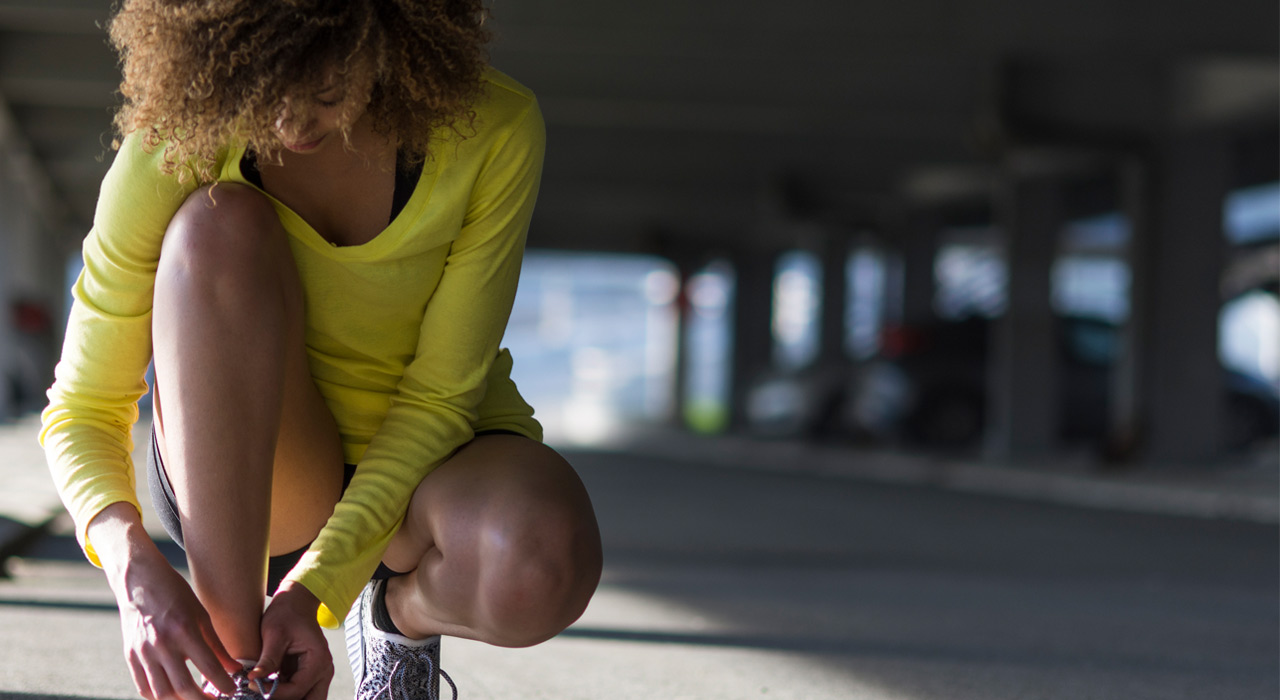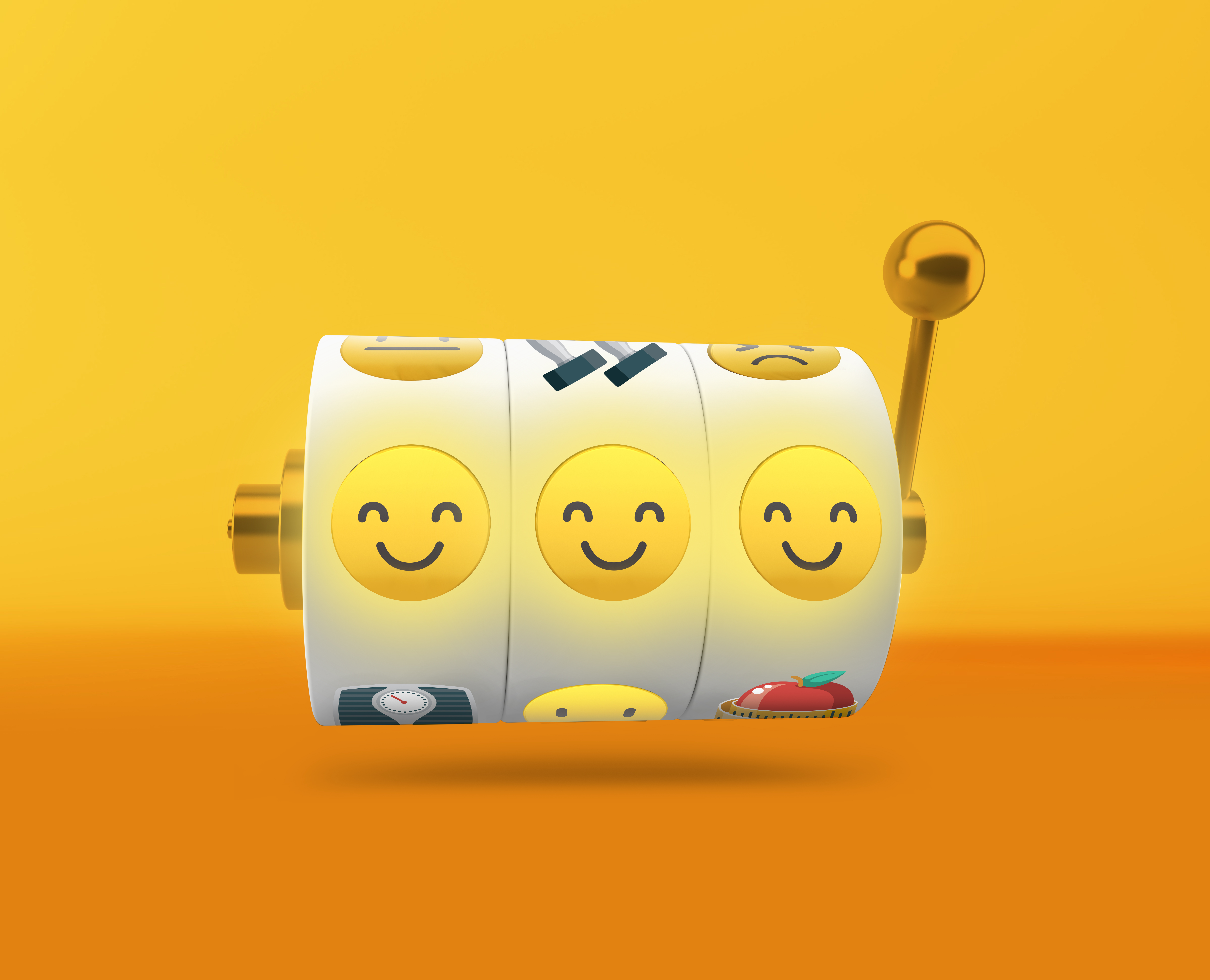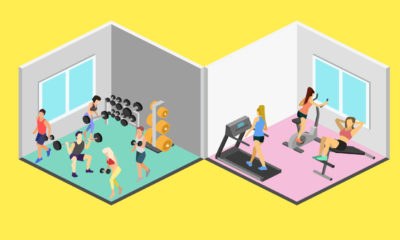Health
How Addicted Are You?
I knew I had a problem when I went to grab a top out of the wardrobe only to find five pretty summer tops that I’d never worn with labels still on, behind a bunch of other clothing.
That in itself wouldn’t have been a major problem, but here’s the thing – these tops had sat unloved and untouched in my wardrobe for so long it was now too cold to wear them. And they were really pretty! Why hadn’t I worn them? I had so many new clothes that new pretty tops no longer seemed special and were easily forgotten.
Each month I was spending hundreds of dollars on clothes I didn’t need. I’d even started buying tops for my best friend, too. This wasn’t about the clothes, I realized, this was about the shopping itself.
My clothes shopping habit had started as a reward for the long hours I was putting in at work – I’d shop during lunch or after work and it’d feel like that made it worth it.
I’d find reasons to buy clothes for myself and others too – birthday, Christmas, to celebrate a new job… I didn’t realize it at the time, but while shopping, my body was also responding to the experience in the same way other addicts respond to feeding their addiction – my opiate receptor sites in my brain were engaged and I experienced the wonderful sensations of endorphins and dopamine rushing through my bloodstream.
I felt elated, full of energy, just great. The problem with any addiction, though, is that the “high” you experience doesn’t last. So those clothes, once bought, no longer held the magic for me… I’d go back the next week to buy myself some more of that good feeling in the form of a new top, skirt or sweater.
While I wasn’t in debt yet, I could see that in time, this would only get worse. Now, I’d been an addict before – cigarettes – so I knew that for me, the best way out was to go cold turkey. So that’s what I did. I quit buying clothes completely. I declared my intentions to the world (so I couldn’t renege on the deal) and just stopped.
After about six months I felt great – not one item of clothing bought – and I’ve never gone back to the same level of buying again. Of course, most addictions aren’t so easily resolved on your own, but the first step in overcoming any kind of addiction – be it shopping or eating, exercising or working – is to admit you’ve got a problem.
Here are some of the common types of addiction you might be dealing with and how you might address them.
Excessively loving exercise

Surely, you’re thinking, there are some things so good for you that it’s impossible to overdose? Unfortunately, not. Even exercise can be a compulsive behavior and once it is, it can increase your risk of illness, make you weak, prone to headaches, anxiety and insomnia, and also stop your periods.
Healthy exercise patterns, says researcher Dr James H. O’Keefe, of St. Luke’s Health System, shouldn’t involve extreme duration or intensity – those who train “chronically” (regularly competing in ultra-marathons, long-distance triathlons, for example) might be triggering cardiovascular damage.
Being passionate about your workouts, your gym, your runs, is not addiction – but once your exercise routine starts to have a negative impact on other parts of your life, you may well have a problem that needs addressing.
If, for example, your desire to work out is so strong that you ignore an injury, or you can’t miss a single day of running even if your partner or family needs you to be doing something else that day, it’s an indicator that your addiction to exercise is overriding your common sense regarding health and emotional wellbeing.
What to do
Going cold turkey on exercise isn’t really an option and won’t be helpful in the long run, so try scaling it back a little to begin with. You can try less intense sessions of yoga or meditation to replace those hours where you would usually have done something more hardcore.
If that seems impossible, you’ll need to address the “why” of your addiction and seek treatment. For many female fitness addicts, it’s about control over your own body and also appearance.
Body image, self-esteem and past relationships can all play a large role in your addiction. Seek help from a qualified psychotherapist who can talk to you about possible treatment methods.
– RELATED: Are You Addicted To Sugar? –
Shopping for new workout gear
Splashing out on new stuff is something we all enjoy, but it becomes a problem when it’s out of control – not just because it will deplete your bank accounts and leave you in debt, but because of the deceit that usually comes with it, which can damage your relationships and even your career.
Shopaholics are known for hiding their purchases, they’ll also overspend regularly. They’ll buy on impulse and some will return the things they buy out of guilt, but they’ll just buy other stuff.
This, in some ways, is worse because debt doesn’t become an issue, but the problem continues.
What’s more, according to research from Indiana University, shopaholics can show symptoms only at certain times of the year – so during holiday seasons, a person may compulsively buy decorations and others goods, while the rest of the year this compulsive behavior doesn’t manifest itself.
What to do
Once you’ve admitted you have a problem, it’s time to find out the source of it.
You may be suffering with depression, or self-esteem issues, or perhaps your relationships are in some way contributing to your behavior.
A counselor can help you work through this to pinpoint what your trigger is and work with you on ways to address that. Some other techniques you can try are to buy in cash only. This helps you visualize what you’re spending and can help you reduce it.
Make shopping lists and buy only what is on the list. Window shop without your purse and tell yourself that if you really want something, you can come back next week to get it.
If you still feel out of control, try Debtors Anonymous, a 12-step programme that helps people who have money-related addiction issues.
Food is always calling you

We’re all somewhat addicted to food – because we all suffer withdrawal symptoms when we don’t get any, a rumbling tummy and thoughts of what delicious dish we might prepare for dinner.
But if you find yourself eating in secret, or going to extreme lengths to eat certain types of food (taking a sugary donut out of the trash, for example), then you have an addictive disorder.
What to do
Food disorders tend to be about control (taking control of what you eat is a way to control a part of your life when other aspects seem beyond it), body image (the relationship with food is based on how it makes you look) or overall self-esteem.
Which is why exercise is by far one of the best ways to divert this kind of issue into something positive – galanin, a chemical released in the brain when you work out, helps reduce stress-related cravings for food, so helps you gain control of your food addiction.
It will also release feel-good hormones, giving you an alternative boost. And, finally, it will improve your body image – research from the University of Florida found that the act of exercising in itself made people feel better about how they looked, regardless of fitness level.
But as a food addiction can be damaging to your health – causing you to overeat and then starve yourself, for example – it’s essential that you see your GP or a counselor to help you through this addiction.
All pain, no gain
When you love working out, nothing’s more frustrating than suffering an injury or having to undergo an operation.
But if you’re prescribed painkillers for it, you could have a far bigger problem than simply not being able to hit the gym for a few weeks. That’s because painkiller addiction grew seven-fold between 2000 and 2010 (and that figure doesn’t include prescriptions for those with cancer).
In 2014, 20,000 people died in the US as a result of overdosing on prescription opioid painkillers according to the National Institutes of Health.
What to do
If you can avoid having to take opioids or other painkillers, that’s ideal. But for those with chronic pain, it can seem an impossible task.
Exercise causes the release of endorphins and endocannabinoids, so you experience a natural high that can replace the one from the medications.
Therapy is also essential to help you avoid the potential pitfalls when taking strong prescription painkillers. Your doctor or therapist might suggest cognitive behavioral therapy (using counseling/ advice on how to avoid negative behaviors), and SMART Recovering, which focuses on support groups.
All work and no play
You love what you do, how good you are at your job, or love the financial security it brings, so work becomes a bigger and bigger part of your life until it’s overpowering – your work causes relationships to fall apart because you care more about your career than your partner or family, you don’t eat well, you work at night and on “holiday,” you might even stop exercising as much.
You get panicked when you’re not able to check on emails and messages, you never “finish” your to-do list, you prefer to spend the evening working rather than going out and you almost never take a whole day off.
This indicates a compulsive aspect to work and needs to be addressed.
What to do
Assign yourself a new project – one that helps shift some of your focus onto the other important pillars of life: family and friends, health, relaxation.
To begin with, you can try signing up for a new activity that is unrelated to work – be it a photography course, learning a new language, or landscape gardening.
This alone will help by relieving the pressure and stress from work, helping you sleep better and even eat better.
Working with a counselor, you can find ways to sidestep common triggers – so checking your phone for emails or messages, for example; using the same computer at home for work and entertainment and so on.
For more health advice, sign up to the TRAIN for HER newsletter.





















